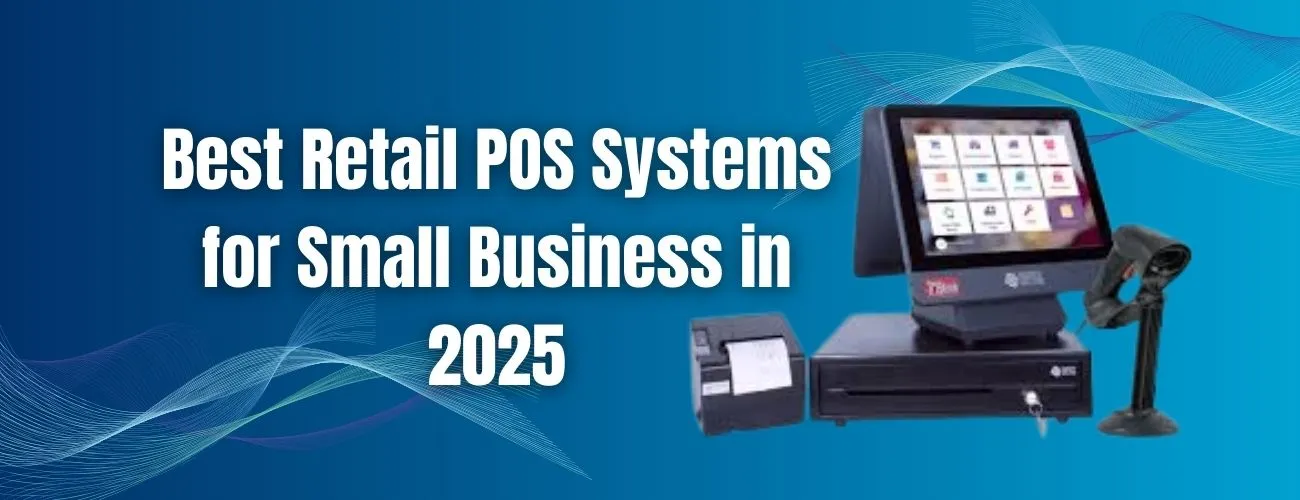Top Retail POS Systems Every Small Business Needs in 2025
As far as running a small retail business is concerned, this requires the maximum amount of energy, time, and the right tools. Among those tools, a good point-of-sale system is paramount. The best retail POS systems for small businesses do much more than just process payments. They also track sales, manage inventories, and help with customer relations.
A good P.O.S. system eases and speeds up operations. It minimizes the possibility of errors at the beginning and checkout, hence increasing the information for good business decisions. These benefits can seriously make a difference for small businesses between mere survival and genuine growth.
Why Small Businesses Need the Right POS System
Entering into business means facing peculiar challenges. At the same time, small businesses are able to offer great customer service with perhaps limited staff and tight budgets. The best retail POS for small businesses helps manage these demands.
An able POS system offers simultaneous and multitasking capabilities. It can do sales, downtime to update inventory, and give instant sales reports. This means less stress and more time to focus on customers rather than documentation.
Features That Define the Best Retail POS Systems
1. Sales and Checkout
- Fast transactions
- Multiple payment options
- Easy returns and refunds
- Receipt printing and emailing
- Discount application
2. Inventory Management
- Real-time stock updates
- Low stock alerts
- Barcode scanning
- Vendor tracking
- Multiple location management
3. Reporting and Analytics
- Daily sales summaries
- Top-selling product lists
- Staff performance tracking
- Seasonal trend reports
- Profit margin analysis
Benefits of Using a POS System in Retail
For some small businesses, this software is not limited to a simple payment processor, but rather automates many time-consuming tasks previously performed by an employee or manager. For example, manual inventory tracking has always been a slow and somewhat error-prone method. A POS system would update itself automatically with every sale.
Much faster checkout experiences would mean happier customers. Getting customer data may imply loyalty programs or targeted promotions that lure them back in-store.
Cloud-Based POS Systems Vs Traditional Systems
Cloud POS systems are undeniably becoming the first choice for many small-scale businesses because one can access their sales data from anywhere. You can do inventory checks at home or check daily reports on the go through a smartphone. Updates are automatically done for you, keeping your system secure and up to date.
Traditional POS systems, on the other hand, are still good if there is no stable internet, as they tend to be more solid in case of large offline data manipulation. All in all, the choice you make depends on your area, budget, and commercial needs.
Selecting the Best POS System for Your Store
When selecting the best retail POS systems for small business applications, first and foremost, make a list of features that must be included in your system. If you have many products on sale, strong inventory management is essential. If you have a loyal customer base, loyalty features can help provide incentives for higher sales.
Cost also comes into play. Some POS systems may have a low monthly fee but high transaction fees; others may have higher rates in upfront payment with no extra charges. Choose a system that fits your business size and sales volume.
Common Mistakes When Buying a POS System
Many POS systems are useless. Most small businesses end up selecting based on price rather than anything, and miss out on important features. The cheap system without the reporting tool can end up costing quite a lot from missed opportunities.
Here is the last mistake: Failure to check compatibility. Your POS should integrate with the hardware you have and the accounting software you are already using. This means one less cost and pain to bear in the future.
New Developments in Retail POS Technology
POS systems for retail markets are changing rapidly. Mobile POS terminals take center stage as companies allow staff to cash customers out from anywhere in the store. This will speed up service while swallowing down long lines.
The other trend is in open system analytics. They help the store owner to forecast demand and hence stock better to offer customers personalized promotions. Choosing new-age software ensures that adaptability remains for these innovations.
Why the Right POS System is a Long-Term Investment
The best retail point-of-sale systems for small businesses provide value even after the installation is complete. The systems save time, eliminate mistakes, and increase profits. Instead of juggling numerous tools for different operations, all you need is integrated into one package.
Improved decision-making results from this enhanced efficiency. Now you will be able to see what items sell, who your best customers are, and what costs can be cut. This information is invaluable in giving small businesses a fighting chance against large corporations.
Conclusion
In every modern retail store, the appropriate POS system should be the lifeblood of the business. The best Point of Sale POS systems for small businesses have speed and accuracy within a smart feature package. They help with daily operations, free up precious time, and enhance customer experience.
Investing in the right system means investing in the growth of your business. Whether you opt for a cloud-based system or a traditional setup, finding a POS system that supports you today and will develop with you tomorrow is essential.
FAQs
1. Which feature takes priority in a retail POS system?
Fast and precise sales processing earns the highest priority.
2. Can small businesses afford this one POS system?
Many affordable options offer strong features for small retailers.
3. Do POS systems work without the internet?
There are some that offer offline mode for sales processing.
4. How long does it take for a POS system to set up?
Most can be set up in a matter of hours or a couple of days.






